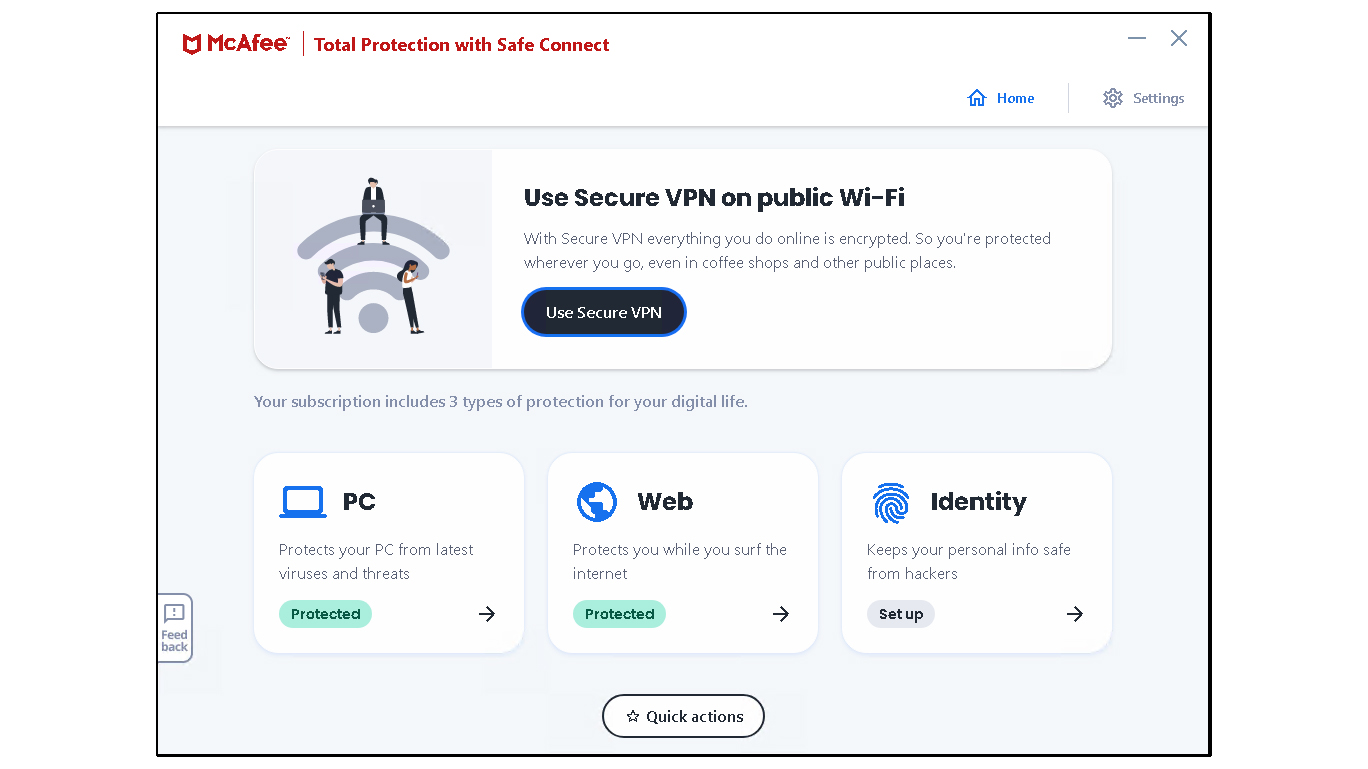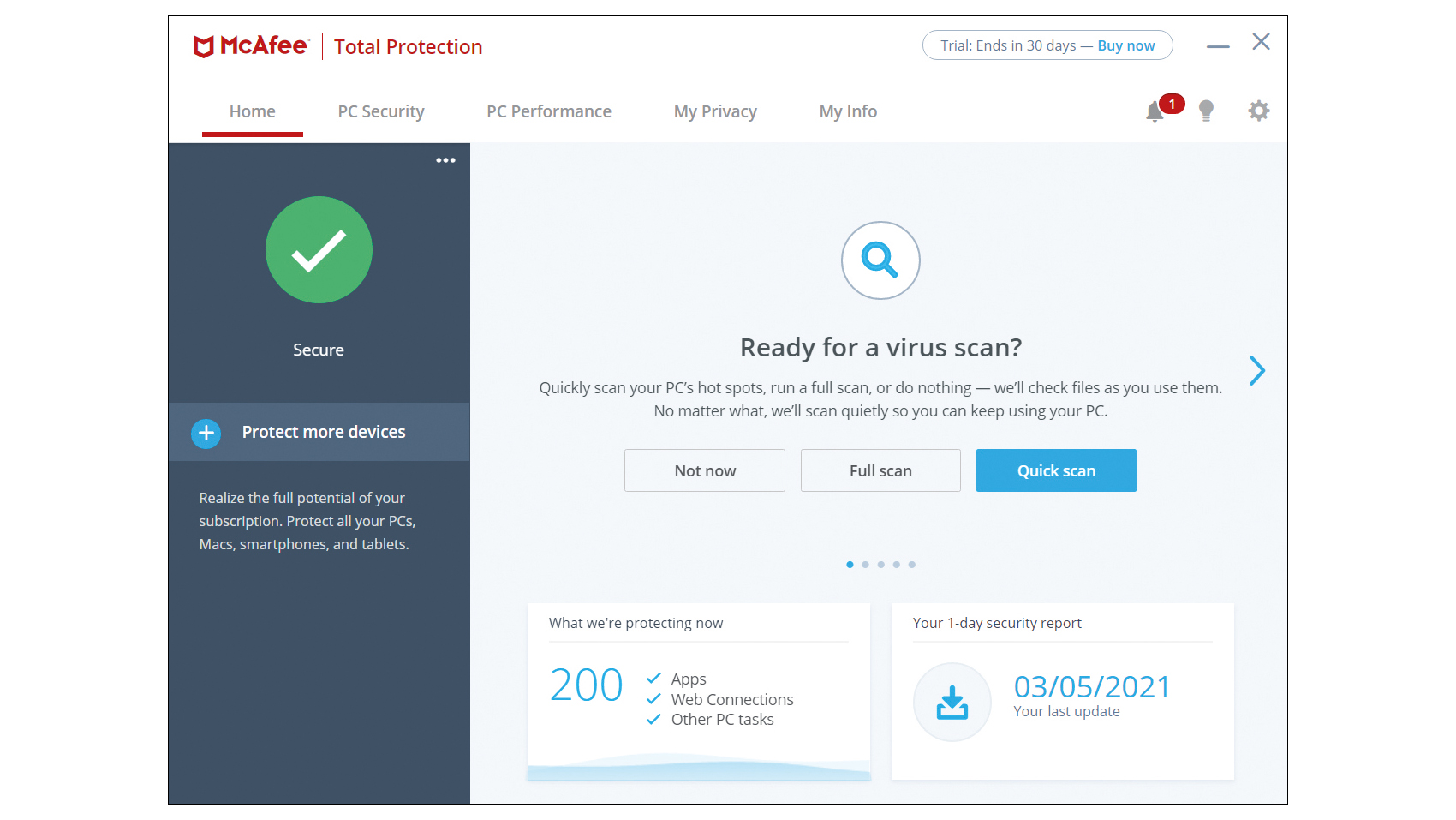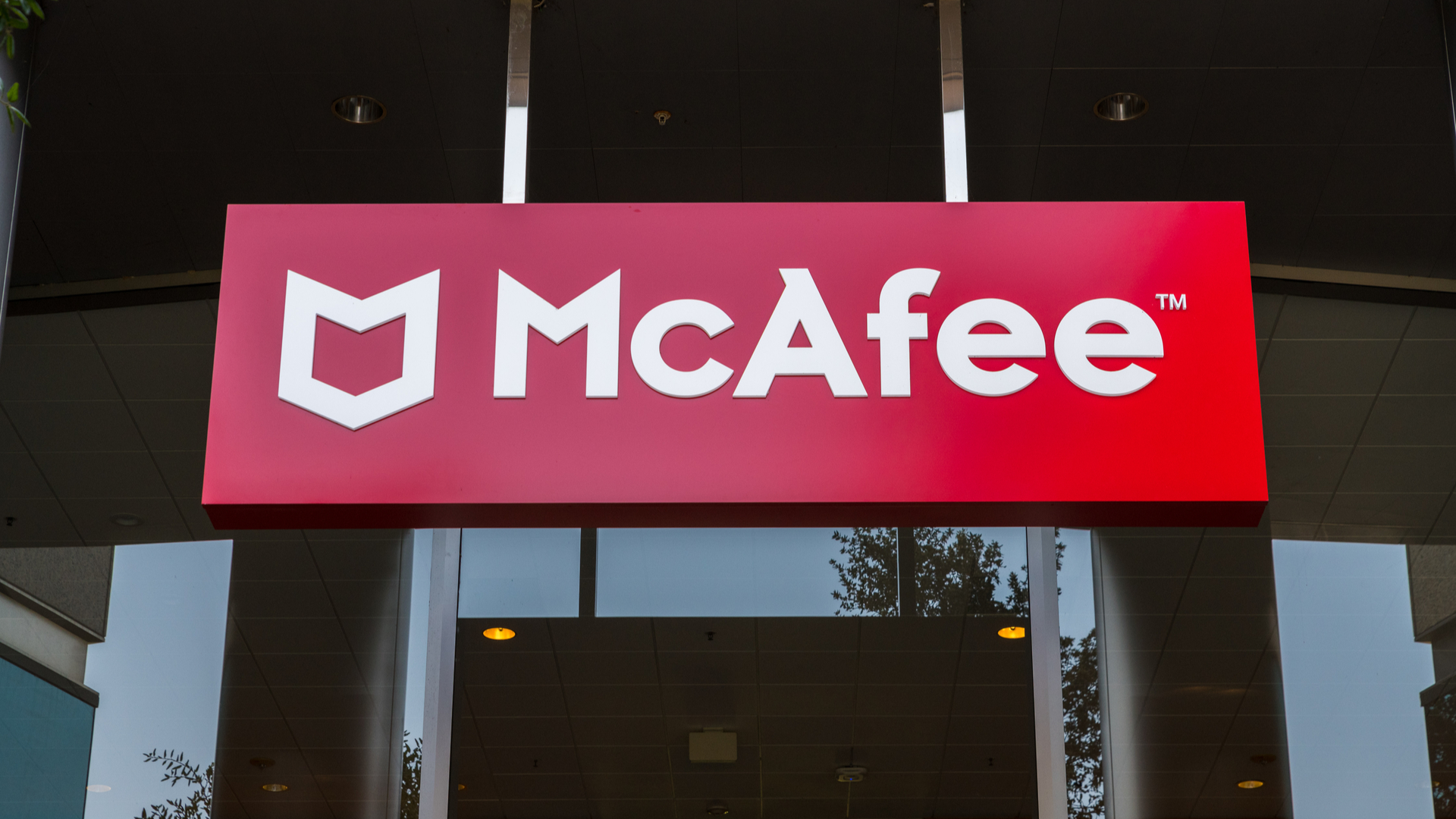Symantec and AVG upgrades ‘misleading’ customers
A Which? investigation says Symantec and AVG upgrade rules could mislead customers.


Symantec and AVG have been accused of misleading customers when it comes to how upgrades and licenses work, Which? has suggested.
When users sign up to improved Symantec or AVG anti-virus solutions before the license on their current version runs out, any time left on the license will not be passed onto the updated deal, an investigation by the campaigning group claimed.
"Symantec and AVG are operating a confusing and arguably misleading anti-virus upgrade service," said Sarah Kidner, Which? computing editor.
"If consumers are given the opportunity to upgrade at a reduced price, it's perfectly reasonable for them to expect their new licence to run on from the end of the existing licence."
Both Symantec and AVG defended themselves, with the former justifying its actions saying its upgrades provided additional features and more comprehensive protection.
"As is very common with the software industry, all our products have a specific time frame - one or two years from activation date and we recommend that our customers renew their products as close to their expiration dates to ensure that they maximise this time," AVG told Which?.
In a statement sent to IT PRO, Symantec said the Which? investigation was "misleading to customers for several reasons."
Sign up today and you will receive a free copy of our Future Focus 2025 report - the leading guidance on AI, cybersecurity and other IT challenges as per 700+ senior executives
"Firstly, Which? has not clarified the distinction between product upgrades and subscription renewals, and we believe the press release may mislead customers into believing that they will lose subscription time when they renew their current product or download the latest version of their product," the Norton manufacturer said.
"Secondly, Which? suggests incorrectly that customers who upgrade to a different product prior to the expiration of the time remaining on their existing product subscription are not informed that any time remaining on their existing product subscriptions will not be added to their upgrade. Symantec gives customers the option of renewing their Norton product subscriptions or purchasing upgrade products containing additional security features."
Although the Which? release which Symantec referred to did not specifically mention free anti-virus products, the security giant said it disagreed with the research suggesting free security software offers comparable protection to Norton products.
Symantec said tests carried out by the likes of Dennis Technology Labs, which runs at the same publishing house as IT PRO, "consistently rank Norton at the top for effectiveness."
AVG claimed the Which? report contained some inaccuracies but only because the security company gave incorrect data to the campaigning group.
"The Which? report states incorrectly that customers of the paid-for version of AVG could lose time on their existing subscription when renewing prior to the expiration date," a statement from AVG read.
"If a customer renews an AVG product at any point before expiry, the start date of the renewal is only from the original expiry date, and this has always been AVG's position."
Which? also asked a number of other providers about their practices, with McAfee saying it only sent out upgrades approximately 35 days before the expiration date of any existing subscription.
Panda Security, meanwhile, said it added on the additional time left on an existing subscription onto the new one.
"No one expects a discounted offer to cancel out the remaining time left on an existing subscription; if they did, they most likely wouldn't buy it. And let's not forget many of these promotions are for a limited time only,' Kidner added.
Tom Brewster is currently an associate editor at Forbes and an award-winning journalist who covers cyber security, surveillance, and privacy. Starting his career at ITPro as a staff writer and working up to a senior staff writer role, Tom has been covering the tech industry for more than ten years and is considered one of the leading journalists in his specialism.
He is a proud alum of the University of Sheffield where he secured an undergraduate degree in English Literature before undertaking a certification from General Assembly in web development.
-
 McAfee and Visa offer 50% off antivirus subscriptions for small businesses
McAfee and Visa offer 50% off antivirus subscriptions for small businessesNews UK Visa Classic Business card holders can access the deal starting today
-
 McAfee Total Protection review: Expensive at full price
McAfee Total Protection review: Expensive at full priceReviews Protects your PC and includes a decent firewall, but costly and less effective than some rivals
-
 McAfee Total Protection review: Quick, effective and affordable
McAfee Total Protection review: Quick, effective and affordableReviews A solid security choice, with perfect malware protection, a fully functional VPN and more
-
 McAfee’s zero trust solution strengthens private applications’ security
McAfee’s zero trust solution strengthens private applications’ securityNews MVISION Private Access grants secure access to private resources from any device or location
-
 PowerShell threats increased over 200% last year
PowerShell threats increased over 200% last yearNews A new McAfee report finds PowerShell attacks driven largely by Donoff malware.
-
 McAfee to sell enterprise business to STG for £2.8 billion
McAfee to sell enterprise business to STG for £2.8 billionNews The enterprise business will be rebranded, with McAfee focusing on personal security
-
 Has the US government finally nabbed John McAfee?
Has the US government finally nabbed John McAfee?News Official Twitter account claims notorious tech tycoon has been “detained by authorities”
-
 John McAfee ordered to pay $25 million over neighbour's murder
John McAfee ordered to pay $25 million over neighbour's murderNews Controversial figure insists that he will not pay


